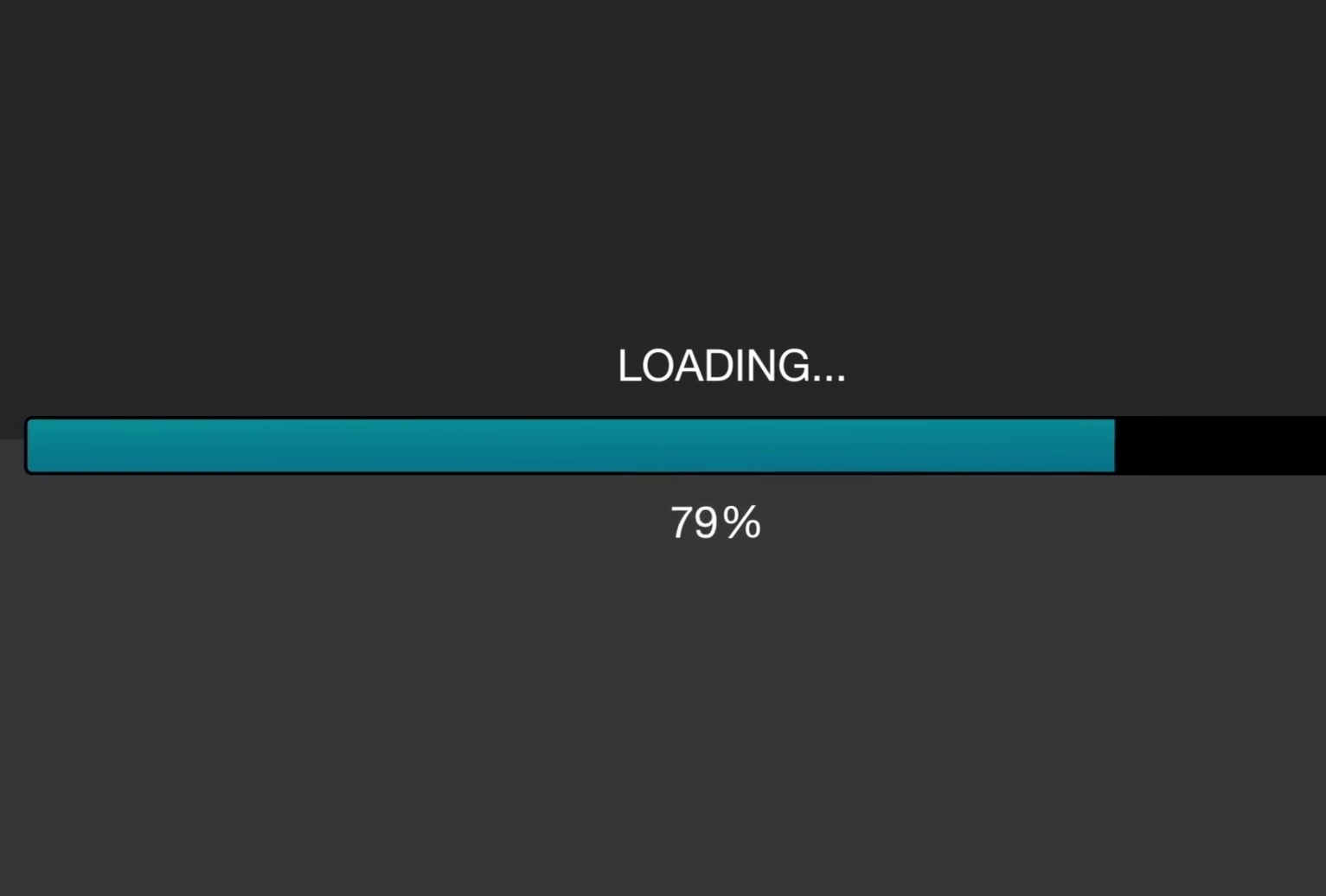For the last decade, the crypto market and efforts towards institutional adoption focus on Bitcoin. We already have Bitcoin Futures contracts (launched in 2017) and pending approval for an exchange-traded fund (ETF) tracking the dominant cryptocurrency.
What about the altcoins?
Aside from Ripple which focuses mainly on using its token as a payment tool for banks and other financial institutions, altcoins seem to meet a giant hurdle when it comes to institutional adoption.
But maybe not anymore.
According to a May 6 report by Coindesk, a U.S Commodity and Futures Trading Commission (CFTC) official who chose to remain anonymous for obvious reasons, confirmed that the regulatory body would approve an Ether-based futures contract if the crypto industry presents a proposal in that direction.
For the basics, Ether (ETH) is the second-largest cryptocurrency by market cap and the native token of the Ethereum blockchain project.
An ether-based futures contract would mean that investors can hedge on the price of the token by predicting its movements over a certain period.
Speaking on the chances of the crypto-industry seeing such a product approved by the CFTC, the anonymous official said,
“I think we can get comfortable with an ether derivative being under our jurisdiction.”
The official further explained that if a derivatives exchange approaches that CFTC with the proposal to launch a particular product that meets the regulator’s requirement, then “there’s a good chance that it would be [allowed to be] self-certified.”
What will an Ether-based Futures Contract Mean?
Without a doubt, the launch of an ether-based futures contract will not only lead to more institutional involvement in the crypto market.
Such an offering will symbolize the regulator’s authority as long as the industry’s growth is concerned and reinforce earlier comments by Chairman Christopher Giancarlo that they are not in any way suppressing the growth of the crypto industry.
Back to the matter of institutional involvement, the launch of regulated Bitcoin Futures trading by CBOE Markets and CME Group was a catalyst for the 2017 crypto bull market.
Therefore, it would not be wrong to believe that an ether-based futures contract can add more life to an already rejuvenated crypto market. The big question now is which derivatives exchange will take the bull by the horn and launch the U.S first-regulated ether-based futures contract.
Any hints?










